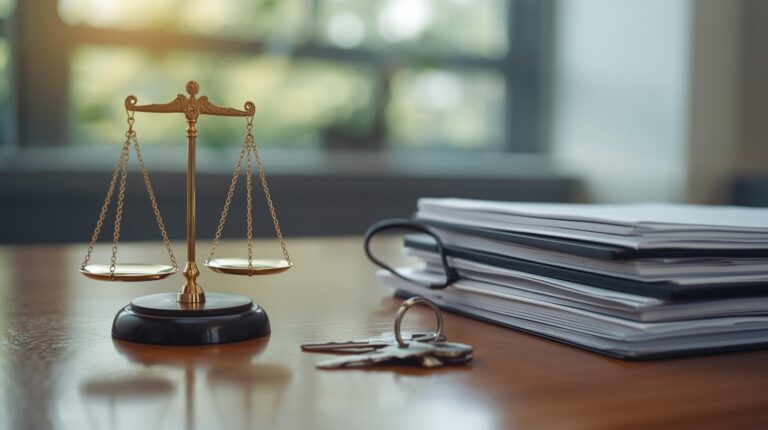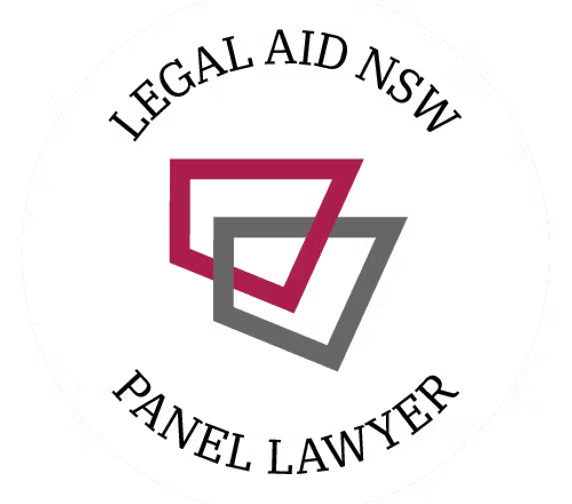Getting Arrested
In Victoria, people can be arrested in a multitude of ways by various individuals.
Arrests can be made with a warrant authorising police to do so, or without a warrant. Furthermore, arrests in Victoria can also be carried out not only by Victoria Police but also by any member if the public (commonly referred to as a citizen’s arrest).
Whether it be an arrest with or without a warrant, the person executing the arrest can lawfully use force to make that request, however the amount of force exercised must be proportionate to the force of resistance by the accused. The ability to do so if found under section 462A of the Crimes Act 1958.
Should the circumstance arise in which the arresting individual uses more force that reasonably necessary to execute the arrest, then this may amount to an unlawful use of force and that individual may find themselves facing criminal charges such as (but not limited to) unlawful assault or several other assault related charges. Depending on the seriousness of the charge and the presence of any injuries or aggravating factors, these charges can and sometimes do attract lengthy terms of imprisonment.
It is therefore imperative in a situation in which you are executing a citizens arrest, that the above consideration is made during the commission of the arrest, as to not find yourself before the Court for criminal charges.
With a warrant
For a warrant to be issues for someone’s arrest, there is usually a bigger reason behind why it has been issued.
The most common situations where an arrest warrant is issued is in circumstances where an individual has (but not limited to);
- Failed to answer a summons to attend Court;
- Has failed to comply with his/her bail conditions;
- The individual has tried to evade apprehension or investigation by police or is likely to do so; or
- There is a reason to issue a warrant, pursuant to another act or for good cause.
Unless the Court is satisfied of the above, a warrant cannot be issued pursuant to section 12 of the Criminal Procedure Act 2009 (Cth).
Should a warrant be issued for an individual’s arrest, upon its execution, it must name the person to be arrested and also either be provided to or shown to the individual prior to the warrant being executed.
Victoria Police also have the power to seek that a warrant be issued for several other procedures which may accompany a warrant for arrest, such as (but not limited to);
- A warrant to undergo a forensic procedure (DNA test etc); and/or
- A warrant to enter a property for the purpose of a search pursuant to an ongoing investigation.
Without a warrant
Similarly, Victoria Police do not always require a warrant to be issued for them to lawful arrest an individual.
Pursuant to sections 458 and 459 of the Crimes Act 1958 (Cth), Police officers, protective service officers and the general public have the ability to arrest an individual in certain circumstances.
Any person who is found to be committing an offence (both summary of indictable) and the arresting individual has a reasonable belief that the apprehension is necessary to;
- Ensure that the offender is brought before a court;
- Maintain public order;
- Prevent to commission of any further offences; and/or
- For the safety and welfare of other members of the public.
Furthermore, pursuant to section 458(1)(b), any person may be arrested, despite the above, so long as the arresting individual is a police officer and that officer has the power to do so under the Crimes Act or any other relevant act.
It is not necessarily the case in which if Victoria Police does not have a warrant to arrest, that they cannot lawfully carry out an arrest. It is important to note that is advised that you are under arrest, failure to comply may attract criminal charges.
Arrest whilst on Bail
If an accused has been brought before the Court and released on bail, pursuant to the Bail Act 1977, a police officer or protective service officer can, at any time, without a warrant, arrest a person who has been released on bail.
In order to do so, it is required that the arresting officer has reasonable grounds to believe that is likely that the individual has breached or will breach a condition of their bail.
It is important to note that being released on bail does not provide a guarantee that the police cannot revoke this right and execute a lawful arrest on the individual, so long as they are in compliance with the relevant legislation in the Bail Act.
Resisting Arrest
Pursuant to section 51(2) of the Summary Offences Act 1966I, any individual who obstructs, resists or hinders a member of the police force in their execution of their duties (executing a lawful arrest), may be charged with a serious criminal offence.
Resisting arrest comes in many shapes and is not limited to resisting in its traditional sense. Circumstances such as, physically blocking police from executing an arrest, refusing to comply (both verbal and physical), or trying to evade an arrest, may attract a criminal charge, with penalties up to and including a term of imprisonment.
After being arrested
Once a person is arrested, there are several outcomes that may take place, depending on various factors such as (but not limited to);
- The type of the offence; and
- The relevant prior history of the accused.
After arrest, the accused will generally be transported to a police station for the purpose of fingerprinting and to participate in a recorded interview.
Once completed an accused is either;
- Released pending further investigations;
- Released pending summons;
- Charged and released on bail; or
- Remanded in custody to come before a Court or bail justice on the question of if bail is applicable in these circumstances.
It is important to note that whilst under arrest, you are obliged to follow all lawful directions provided to you by the responsible authority, failure to do so may result in further offences.
Need to speak with a lawyer?
Our experienced lawyers are here to help you understand your legal rights and options. Contact us for a confidential discussion about your situation.


















